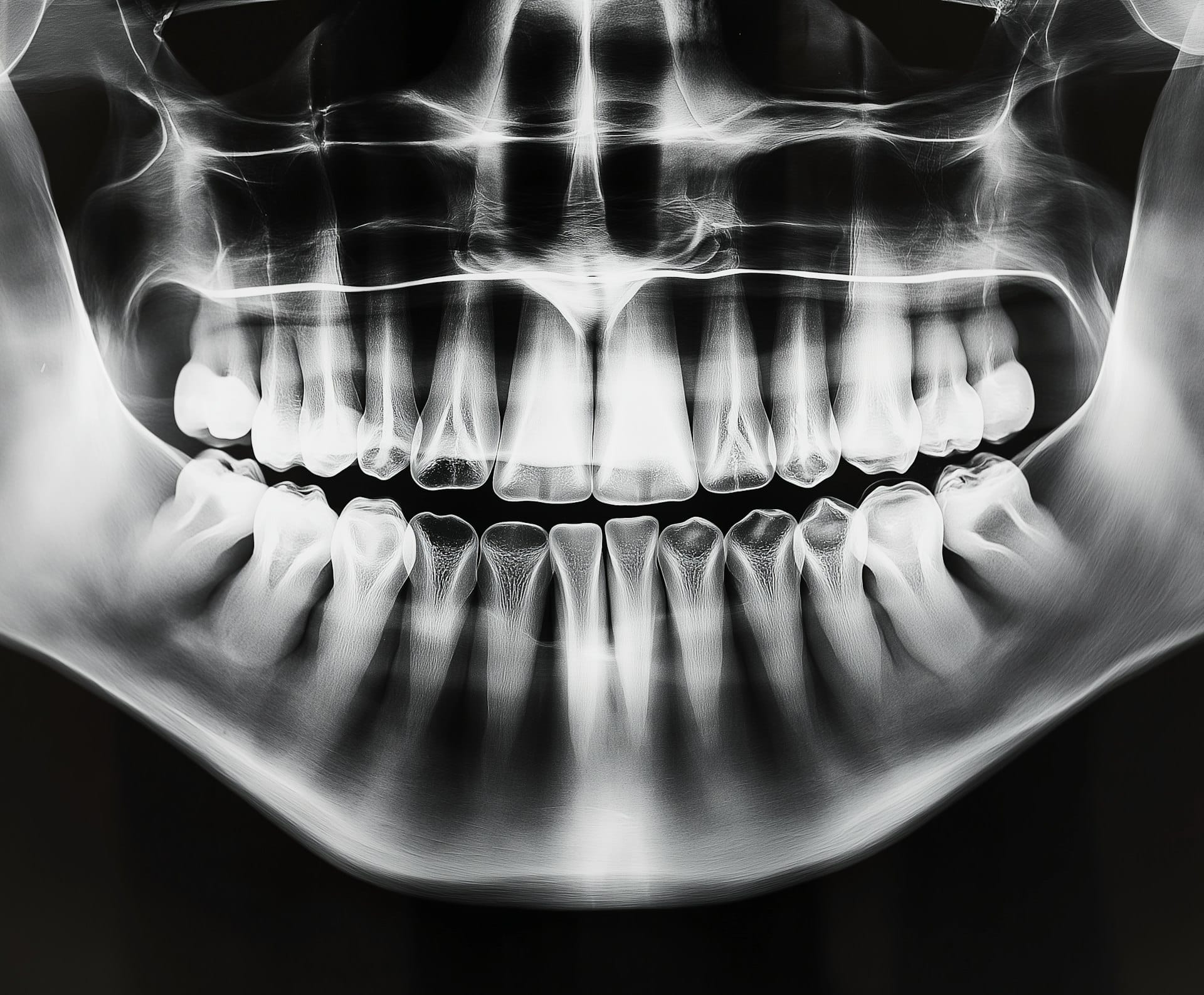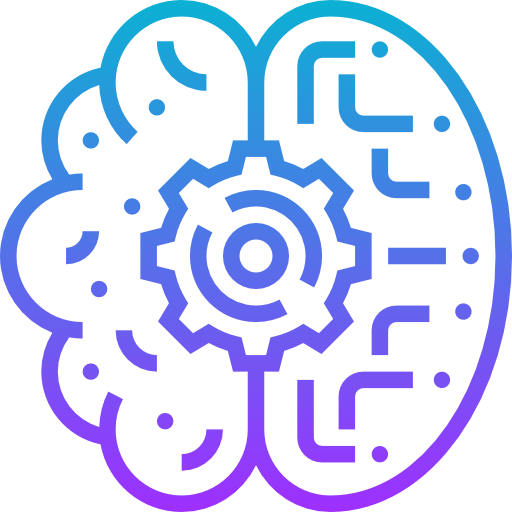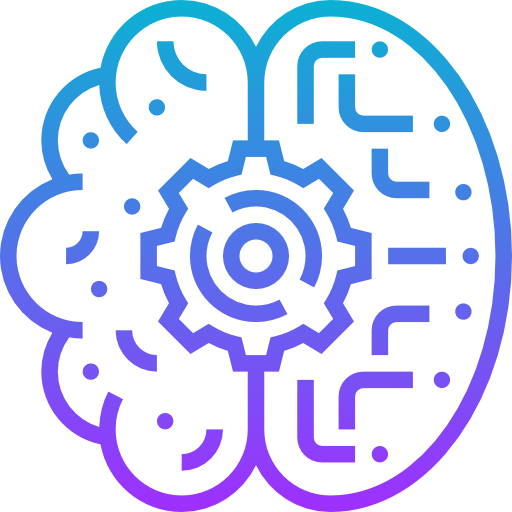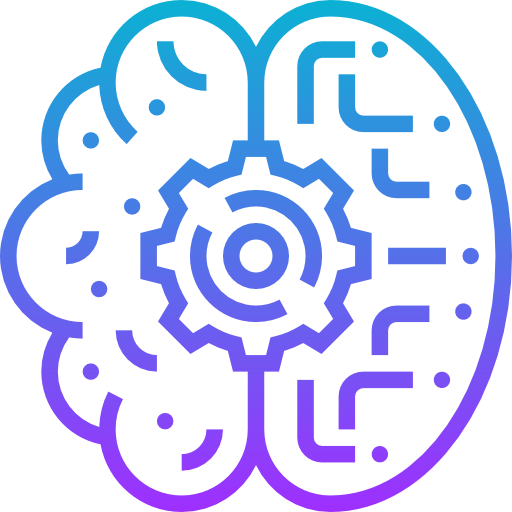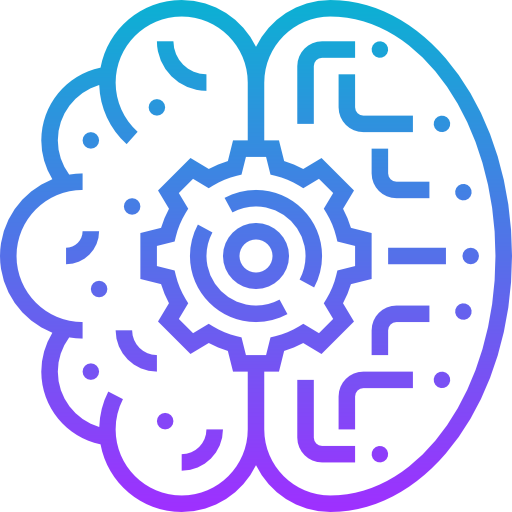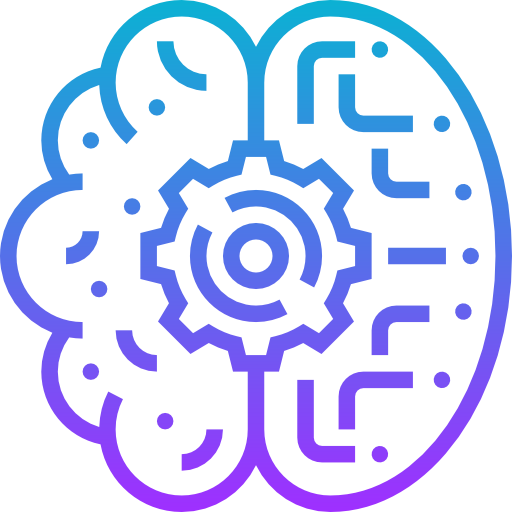Healing or Hacking? How AI Saves Lives But Threatens Your Data
Table of Content
As a medical doctor and software developer, I have witnessed firsthand the transformative potential and the risks of integrating artificial intelligence (AI) into healthcare. This dual role gives me a unique perspective on how AI is reshaping our approach to medical care, often with remarkable advancements but also significant threats to patient safety and privacy.
The enthusiasm among my colleagues and patients is palpable, yet so is the apprehension, especially when it comes to managing personal data securely and ensuring diagnostic accuracy.
From my experience, the key challenge is to effectively leverage AI's benefits while addressing the potential risks. Issues like data privacy, the accuracy of AI-powered diagnostics, the growing trend of self-diagnosis tools, and the ethical dilemmas presented by AI are crucial.
We must develop AI tools that not only enhance patient care but also respect and protect individual patient rights, ensuring that these innovations do not compromise ethical standards or patient safety. This balanced approach is essential for maintaining trust and delivering healthcare that is both innovative and conscientious.
Privacy Concerns in AI-Enhanced Healthcare
Privacy stands as a paramount concern when discussing AI in healthcare. The integration of AI technologies requires collecting, storing, and analyzing vast amounts of personal data, from genetic information to lifestyle choices. The fear is not just about unauthorized access but also about the potential for data breaches which can expose sensitive information.
For healthcare startups and facilities, this means adopting robust data protection measures that comply with regulations like GDPR and HIPAA, while ensuring that AI systems are designed with privacy-preserving technologies such as encryption and anonymization techniques.

Patient Safety and AI Diagnostics
Another critical area is the accuracy of AI diagnostics. AI systems, such as those used for image recognition in radiology or pathology, have shown great promise in enhancing diagnostic accuracy. However, there's a real risk of misdiagnosis due to algorithmic errors or data biases.
An AI system is only as good as the data it learns from; if this data is incomplete or biased, it could lead to incorrect treatment decisions, potentially endangering patient safety.

The Rise of Self-Diagnosis Tools
AI-powered apps and online tools that offer medical advice or self-diagnosis capabilities are becoming increasingly popular. While they can provide quick answers, they also raise significant concerns about the reliability of the advice given.
Patients might take drastic steps based on inaccurate AI assessments, which could delay professional medical diagnosis and treatment, leading to worsened health outcomes.
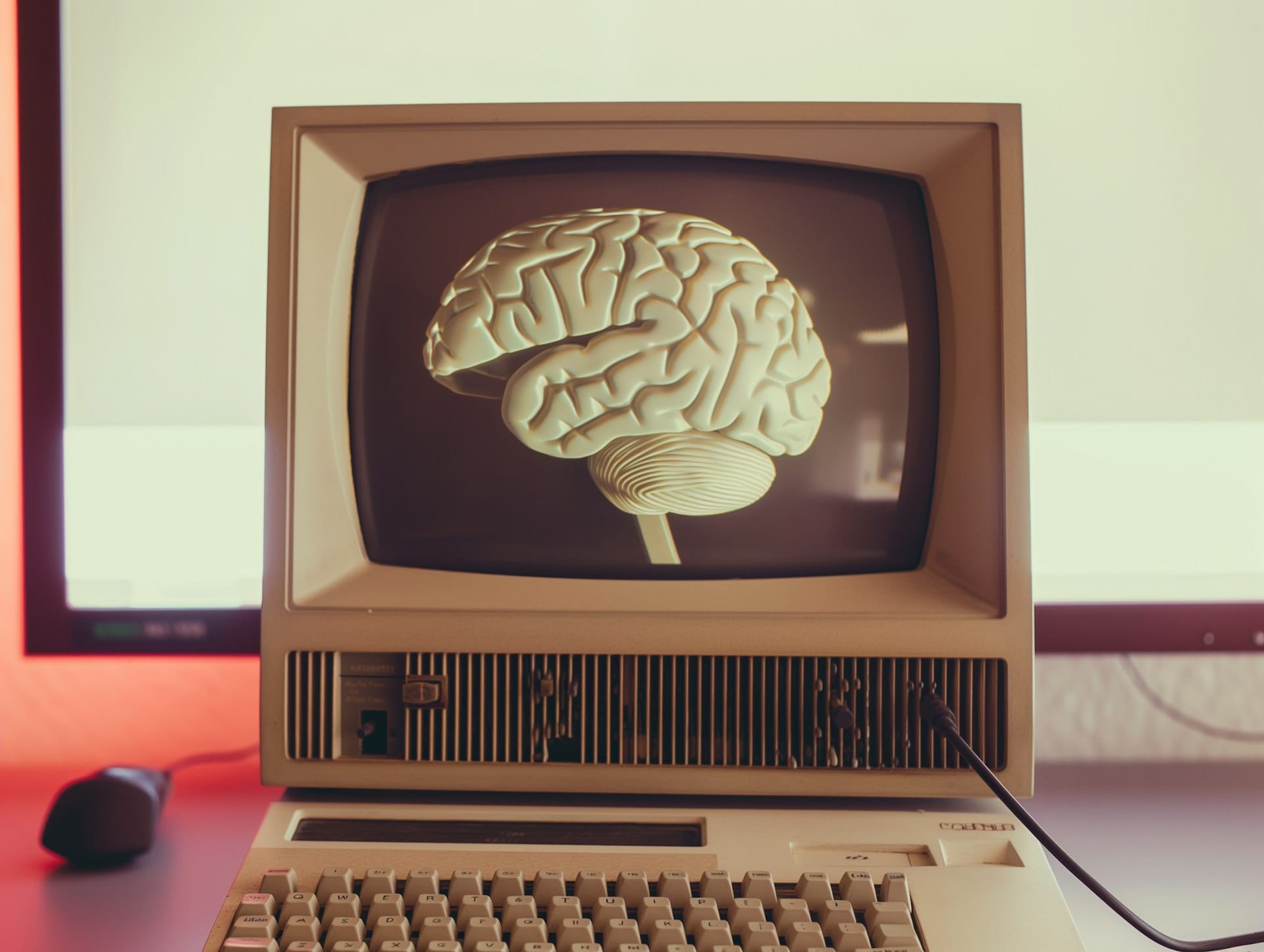
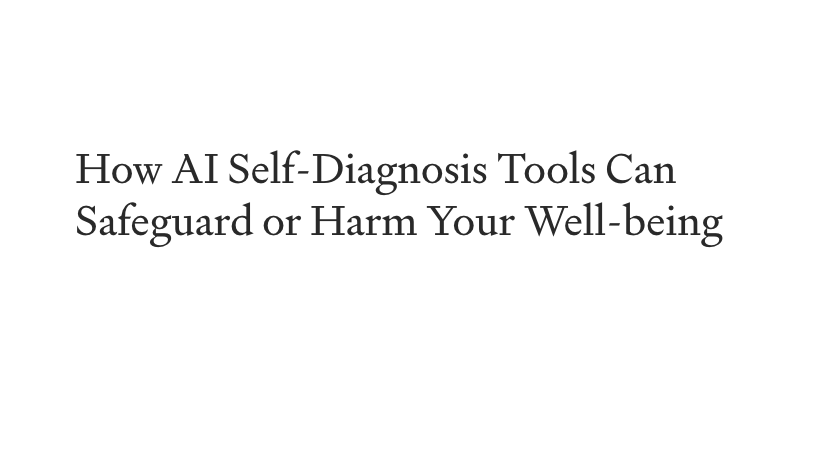

Ethical Issues in Healthcare AI
Ethical challenges abound in the deployment of AI in healthcare. Issues of bias, as discussed in Medevel's article on healthcare AI biases, highlight the urgent need for algorithms that provide equitable healthcare solutions across diverse populations.
Moreover, there's the question of accountability—when an AI system makes a mistake, determining liability can be complex, which complicates the legal landscape of healthcare further.
In the articles "How Healthcare Can Benefit from AI," "Bias in Healthcare AI," and "How Hospitals Can Automate Tasks," We explores these topics deeply, offering insights into how AI can streamline operations while cautioning against the very real risks of perpetuating or even exacerbating existing biases.
Addressing Fears and Making AI in Healthcare Workflow
To capitalize on AI's potential without falling prey to its pitfalls, healthcare entities must adopt a proactive approach. This includes continuous monitoring of AI systems for accuracy and fairness, rigorous testing against diverse data sets, and maintaining an ethical framework that prioritizes patient welfare above all.
For startups and healthcare facilities venturing into AI, crafting unique, patient-centered AI applications that adhere to ethical standards and protect patient data is not just beneficial—it's essential for gaining and retaining public trust. Establishing clear guidelines for AI use in clinical settings, ensuring transparency in AI operations, and promoting patient education about AI’s role in healthcare can further alleviate fears and foster an environment of informed consent and enhanced patient care.
In conclusion, while AI presents a transformative potential for healthcare, balancing innovation with caution is key to its success. By addressing these challenges head-on, the healthcare industry can harness AI's power to improve outcomes while safeguarding the fundamental rights and safety of patients.
This dual approach will not only enhance healthcare services but also ensure that they are delivered in a fair, safe, and privacy-conscious manner.
